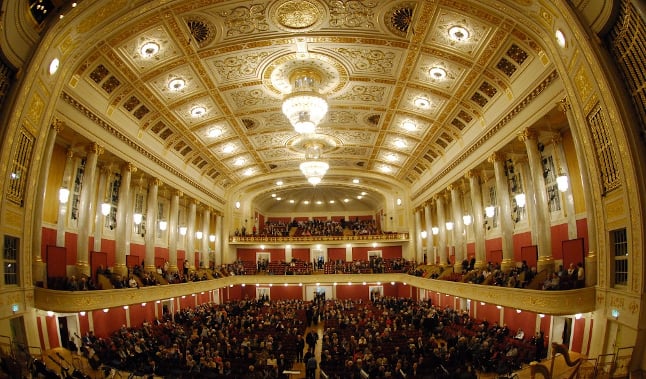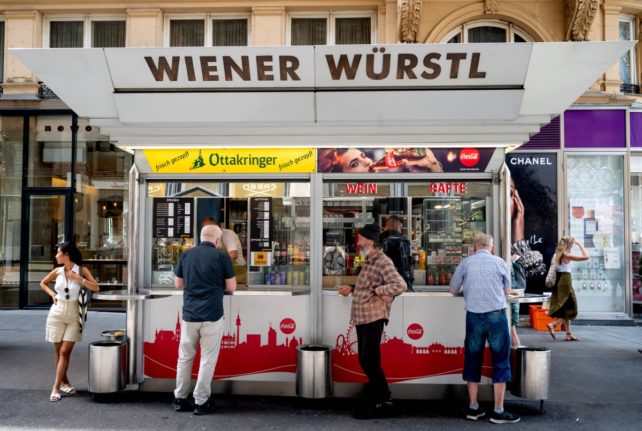A suitcase 'vibrating suspiciously' gave staff a fright at Vienna concert hall, but police said they quickly defused the situation when it was found to be just a vibrator.
An employee of the venue's coat check sounded the alarm when she heard a piece of luggage vibrating at an event late on Tuesday, Vienna police said in a statement.
An explosives expert was sent to inspect it using X-ray equipment – only to find that a switched-on vibrator was to blame for the “suspicious movement”.
The suitcase was returned to the owner and his companion and officers “wished them a pleasant evening”, the statement said.
According to the daily Kurier, the incident did not disturb the audience of the concert by the Vienna Symphony Orchestra and the performance at the city's venerable Wiener Konzerthaus continued uninterrupted.



 Please whitelist us to continue reading.
Please whitelist us to continue reading.